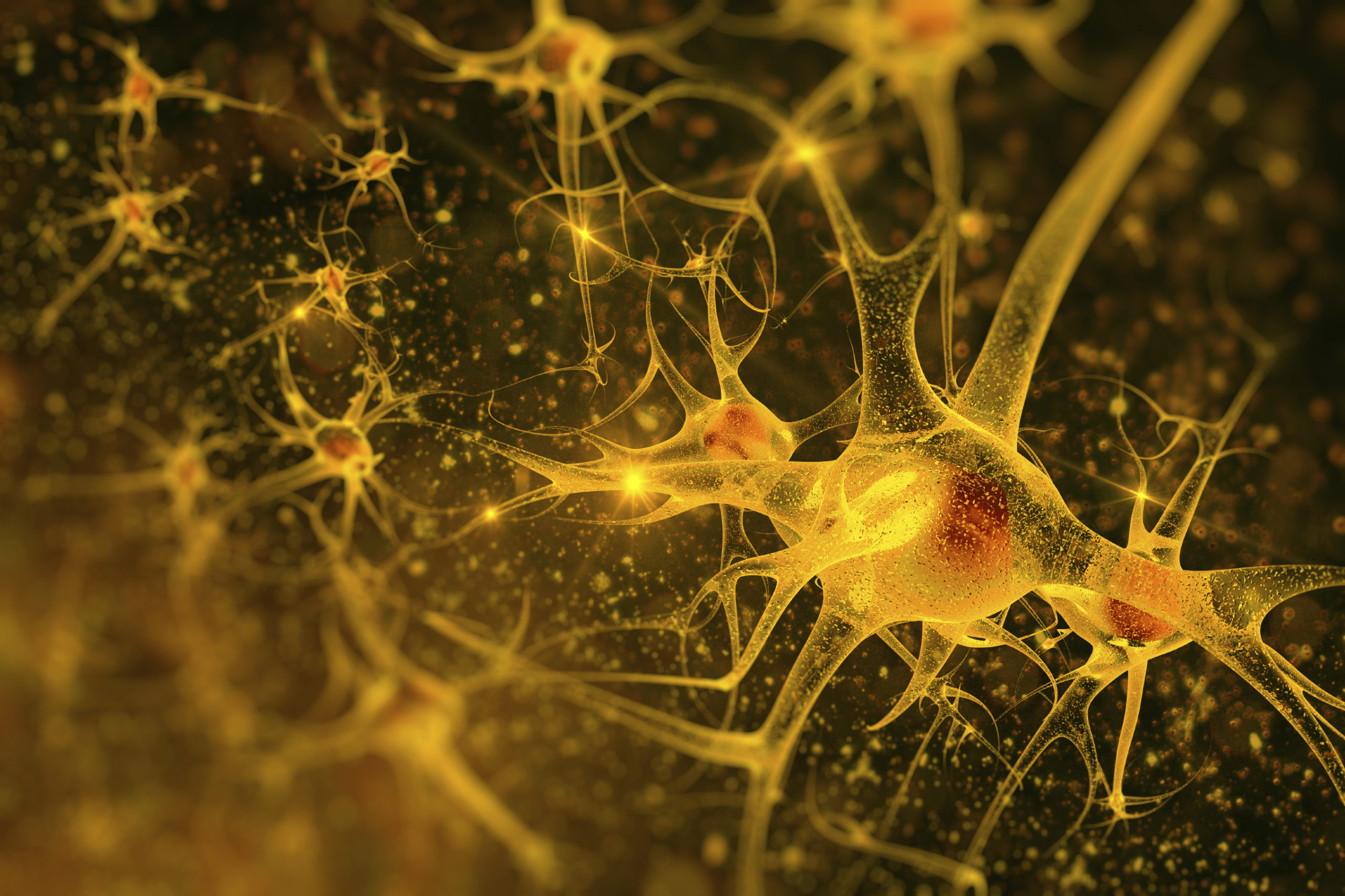Tag: Neurology
-

AI Imaging Approach May Help Identify Parkinson’s Sooner
An artificial intelligence-based imaging approach may be an effective tool for distinguishing patients with Parkinson’s disease from those with other closely related diseases sooner than current methods, according to a recent study published in JAMA Neurology.
-

ALS Drug Effectively Treats Alzheimer’s Disease in New Animal Study
A small-molecule compound developed by Northwestern scientists improves neuron health in animal models of Alzheimer’s disease, according to a new study published in PNAS.
-

New Key Genes in Parkinson’s Disease Identified Using CRISPR Technology
A new Northwestern Medicine study published in Science has identified a new set of genes that contribute to the risk of Parkinson’s disease, opening the door to previously untapped drug targets for treating the disease.
-

Uncovering New Therapeutic Targets for Pediatric Epilepsy
Investigators in the laboratory of Gemma Carvill, PhD, have discovered novel molecular underpinnings of Dravet syndrome, a rare genetic form of epilepsy in children, that may serve as promising therapeutic targets, according to a recent study.
-

Understanding How Neurofilaments Clog Up Brain Functions
Northwestern Medicine scientists have uncovered new insights into how neurofilaments act like Velcro in neurodegenerative diseases, clogging up the brain and preventing normal function, according to a study published in the journal JCI Insight.
-
Alzheimer’s Treatment May Lie in the Brain’s Own Cleanup Crew
A new Northwestern Medicine study suggests a promising alternative to current approaches to Alzheimer’s disease: enhancing the brain’s own immune cells to clear amyloid plaques more effectively.
-

Investigating the Impact of Vaccination on Long COVID Symptoms
Vaccination status does not impact the severity of neurological symptoms of long COVID, according to a Northwestern Medicine-led study published in Brain Communications.
-

Coordinated Brain Networks Support Recognition Memory
Investigators have discovered that activity in two widely distributed brain networks previously considered separate are actually correlated with each other and together play a key role in recognition memory, according to Northwestern Medicine study published in Cell Reports.
-

Novel Approach Pinpoints Genetic Variants Linked to Parkinson’s Disease Risk
Investigators have developed a novel approach that can better identify genetic variant interactions that are associated with increased risk of Parkinson’s disease, according to a recent study published in Brain.
-

How Your Breathing Coordinates Brain Rhythms During Sleep
For the first time in humans, breathing rhythms during sleep have been linked to hippocampal brain waves that strengthen memory consolidation, according to a recent Northwestern study.




